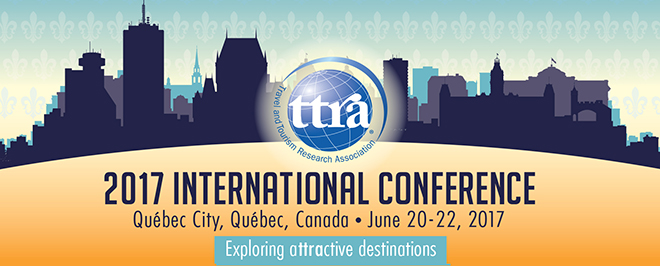Assessing the Social Impacts of Short Term Vacation Rentals on Urban Neighborhoods
Abstract (150 Words)
There has yet to be any inquiry into residents’ perceptions and attitudes towards shared lodging’s existence in their communities. This lack of inquiry is despite the perceived positive and negative impacts of tourism being continually shown to directly relate to support for various types of tourism. Because non-hosting residents retain the same voting rights and tax paying responsibilities as resident hosts, it is important to understand factors influencing their attitudes and support for shared lodging in their community.
With this gap in mind, this study aims to establish a theoretical framework and methodology to qualitatively and quantitatively assess any potential social impacts of shared lodging by obtaining perspectives of residents.
Short Abstract
Assessing the Social Impacts of Short Term Vacation Rentals on Urban Neighborhoods
There has yet to be any inquiry into residents’ perceptions and attitudes towards shared lodging’s existence in their communities. This lack of inquiry is despite the perceived positive and negative impacts of tourism being continually shown to directly relate to support for various types of tourism. Because non-hosting residents retain the same voting rights and tax paying responsibilities as resident hosts, it is important to understand factors influencing their attitudes and support for shared lodging in their community.
With this gap in mind, this study aims to establish a theoretical framework and methodology to qualitatively and quantitatively assess any potential social impacts of shared lodging by obtaining perspectives of residents.


